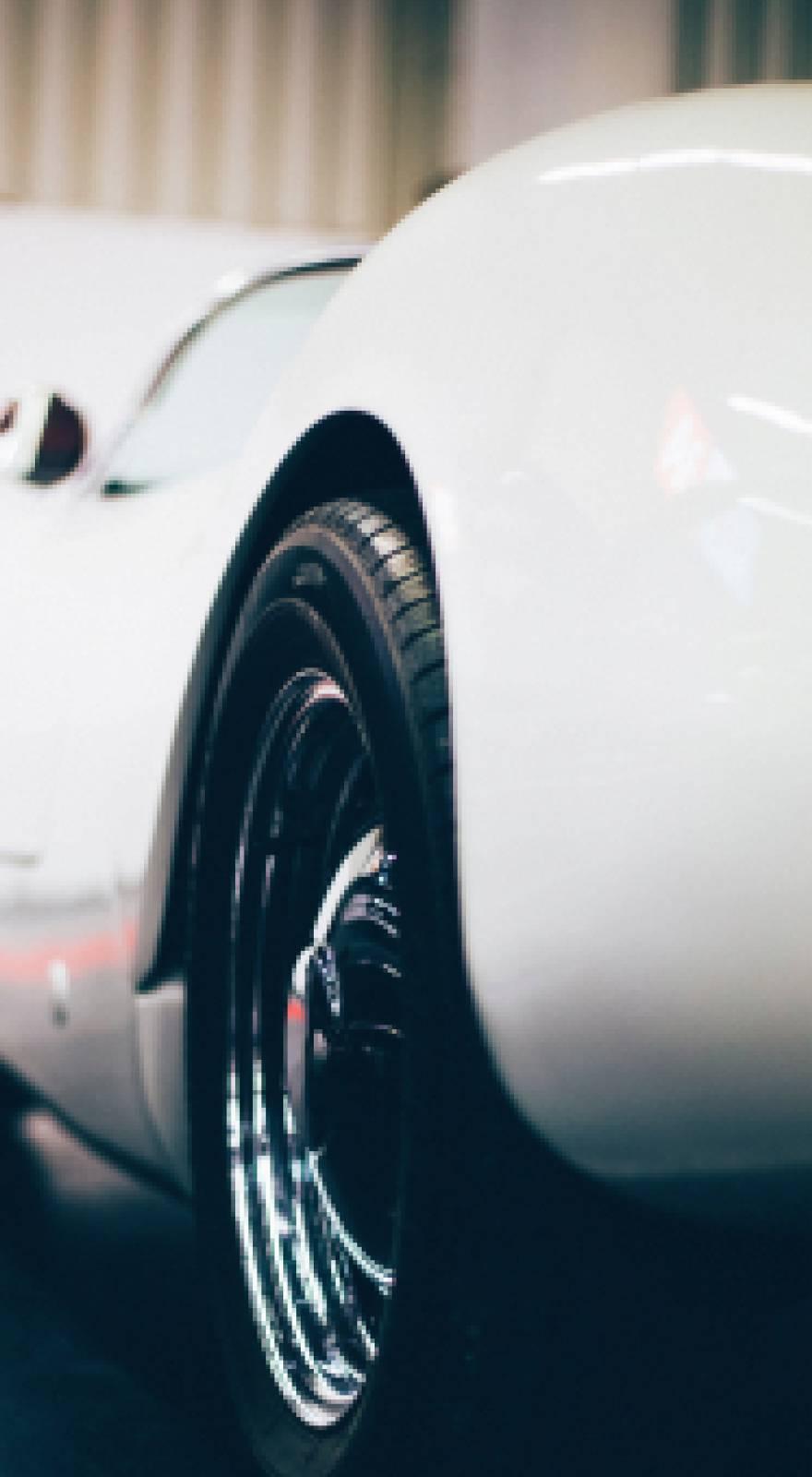Knowde Enhanced TDS
Identification & Functionality
- Chemical Family
- Fillers Included
- Polymer Name
- Reinforcement Material
- Abbreviation
- PC GF 30
- Designation
- Polycarbonate 30 % glass fibre
- Type of Polymer
- Thermoplastic
- Trade Name
- CENTROCARB GF
- Technologies
Features & Benefits
Applications & Uses
- Applications
- Plastics & Elastomers End Uses
- Field of Use
- Automotive industry
- Electrical industry
- Mechanical engineering
- Medical technology
- Plastics industry
- More industries
- Field of Application
- Insulating components
- Structural elements
Properties
- Color
- Physical Properties
- Mechanical Properties
- Thermal Properties
- Electrical Properties
| Value | Units | Test Method / Conditions | |
| Density | 1.43 | g/cm³ | ISO 1183 |
| Moisture Pick-up till Saturation (in normal climate 23 °C / 50% r.h.) | 0.08 | % | ISO 62 |
| Water Absorption Till Saturation (in water at 23°C) | 0.2 | % | ISO 62 |
| Value | Units | Test Method / Conditions | |
| Tensile Stress at Break [v = 5 mm/min] | 55.0 | MPa | ISO 527-2 |
| Nominal Percentage Elongation at Break | 4.0 | % | ISO 527-2 |
| Tensile Modulus of Elasticity | 5000.0 | MPa | ISO 527-2 |
| Flexural Modulus of Elasticity | 4700.0 | MPa | ISO 178 |
| Ball Indentation Hardness (value at 30 sec.) | 150.0 | MPa | ISO 2039-1 |
| Charpy Impact Strength (+23 °C) | 45.0 | kJ/m² | ISO 179/1eU |
| Charpy Impact Strength - notched (+23 °C) | 8.0 | kJ/m² | ISO 179/1eA |
| Value | Units | Test Method / Conditions | |
| Temperature For Usage in Air (short term) | max. 140 | °C | — |
| Temperature For usage in Air (lasting) | max. 120 | °C | — |
| Heat Distortion Temperature (HDT A process) | 135.0 | °C | ISO 75-2 |
| Coefficient of Linear Expansion (at length, 23 - 60 °C) | 0.4 | 10-4/K | ISO 11359 |
| Thermal Conductivity (+23°C) | 0.24 | W/(K · m) | DIN 52612 |
| Flammability According UL Standard (thickness 3 and 6 mm) | V 2 | Class | UL 94 |
| Vicat Softening Temperature (VST/B/50) | 148.0 | °C | ISO 306 |
| Value | Units | Test Method / Conditions | |
| Specific Insulation Resistance | min. 10^14 | Ohm · m | IEC 60093 |
| Specific Surface Resistance | min. 10^16 | Ohm | IEC 60093 |
| Dielectric Constant (at 1 MHz) | 3.5 | 106 Hz | IEC 60250 |
| Dielectric Constant (at 100 Hz) | 3.6 | 102 Hz | IEC 60250 |
| Dissipation Factor (at 1 MHz) | 0.008 | 106 Hz | IEC 60250 |
| Dissipation Factor (at 100 Hz) | 0.001 | 102 Hz | IEC 60250 |
| Dielectric Strength K20/K20 (in transformer oil) | 36.0 | kV/mm | IEC 60243-1 |
| Comparative Tracking Index | 175.0 | — | IEC 60112 |
Regulatory & Compliance
- Food Compliance BfR
- No
- Food Compliance FDA
- No
Packaging & Availability
- Stock Lengths
- 1,000 | 3,000
- Width
- 500.0
- Tolerance Length
- 0 - 3
- Tolerance Width
- 1 - 4
- Rods
- 10 - 125
- Plates
- 10 - 50

